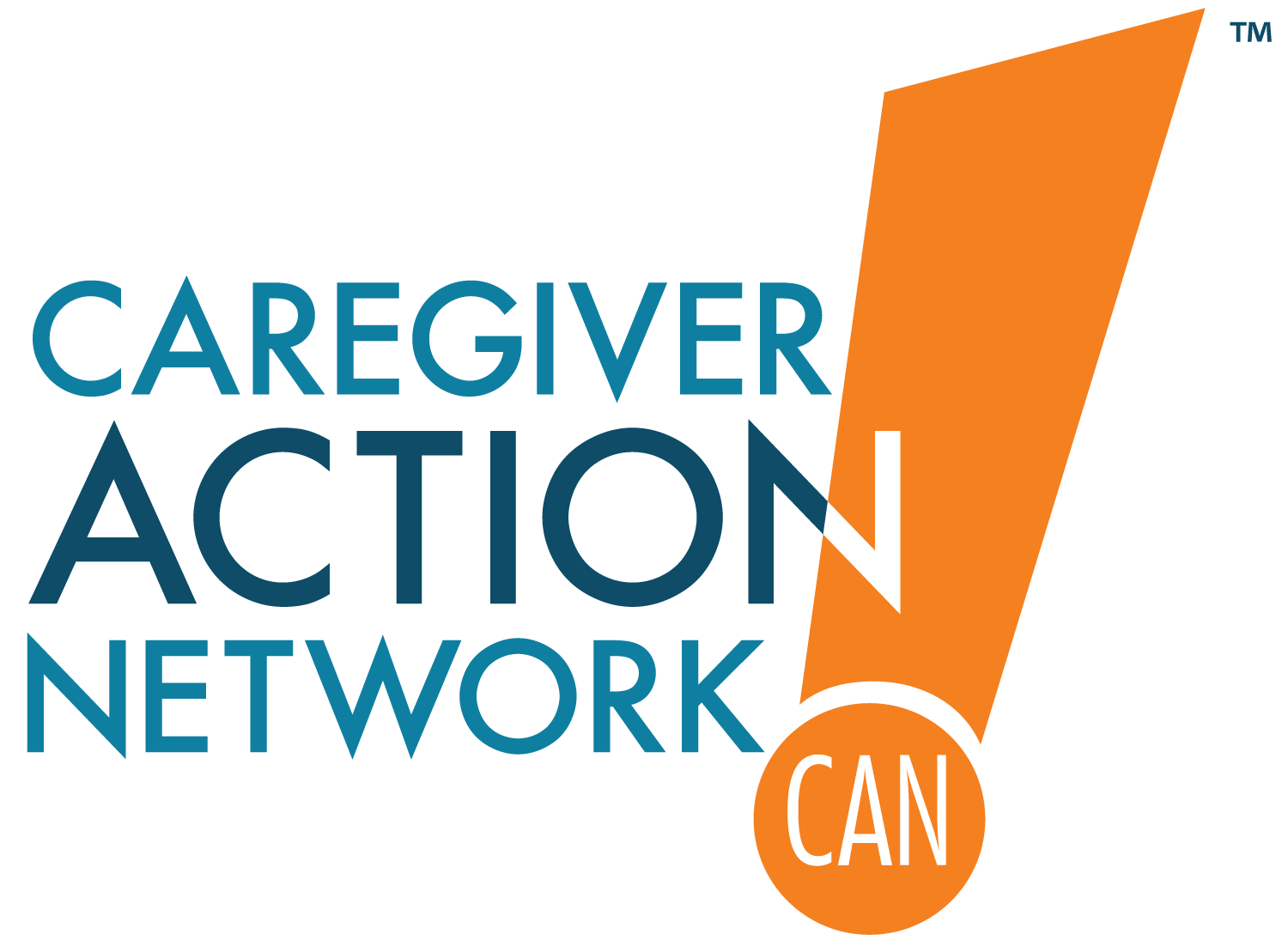
Simply put, the “who” is you. If you are a Black, Latinx, Indigenous, and other person of color, you may feel like there are an underrepresentation of mental health professionals that look like you and are more sensitive to your mental health situation. On behalf of your loved one, you should be talking about mental health issues and concerns with mental health professionals on a regular basis. This is a conversation that needs to happen more often than it does. When we talk about mental health, we normalize it, and this helps to reduce or remove those feelings of fear, guilt, and shame. It also sets the tone that it’s OK to talk about these things and to ask for help when it’s needed.
